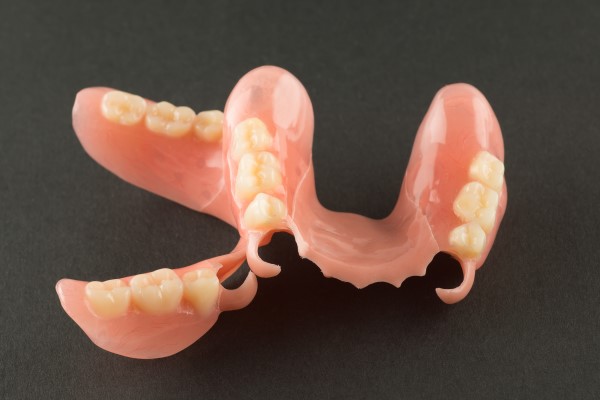What to Expect When Getting Dental Sealants

Dental sealants are thin plastic coatings that are often placed on the chewing surface of the back teeth. Sealants are commonly used to prevent tooth decay. Sealants work well on the molars and premolars. Getting sealants is a positive step toward protecting your teeth. Read on to find out how dental sealants are applied.
Dental sealants
Brushing and flossing every day is immensely important. These can remove plaque as well as food particles from the teeth’s smooth surfaces. But they usually do not get into all the nooks and crannies of the teeth, especially the back teeth. This means they will not be able to remove all the food and plaque. Dental sealants can protect these vulnerable areas by sealing out food and plaque.
Sealants can help both children and adults. Placing them involves a simple process that only takes a couple of minutes. The sealant is often applied by the dentist or hygienist. The procedure itself is often painless. Drilling or the use of numbing medications is not necessary. But it helps to know what to expect when getting dental sealants.
Tooth preparation
The dental provider will first polish the surface of the tooth. This will help to remove food debris and plaque from the pit and fissure surfaces. This is vital because any plaque or food in the tooth will prevent the dental sealant from adhering properly. The tooth will then be isolated and dried. Next, the provider will etch the tooth’s surface and then rinse off the etching material. The tooth will be dried again.
Application
The dental sealant material will be applied to the surface of the tooth. This will be done using a brush. A light will be used for a few seconds to bond the dental sealant to the surface of the tooth. The light usually helps to speed up the reaction that hardens it.
Evaluation
The dental provider will evaluate the dental sealant and check the bite (occlusion). The thickness of the sealant should not interfere with the way teeth usually close together. Once the sealant hardens, it will become a hard, plastic coating. The patient will then be able to chew on the tooth again.
The life span of dental sealants
Once dental sealants have been applied, they can last for many years. But this depends on how a person takes care of them. Sealants often slowly wear away over time, allowing a patient to receive new ones as needed. After sealants have been applied, the dentist will check on them occasionally during regular dental visits. The dentist can reapply them if the sealants seem to be wearing faster than usual. But sealants are not a substitute for regular oral care.
Takeaway
Dental sealants offer a great way to prevent cavities. The process is painless and quick. If you are not sure if dental sealants are the right choice for you, ask your dentist about them during the next dental checkup. If you are the right type of candidate, dental sealants are a good solution for preventing cavities and keeping your smile healthy.
Are you considering dental sealants in the Mableton area? Get more information at https://www.providencefamilydentistry.com.
Check out what others are saying about our services on Yelp: Read our Yelp reviews.
Recent Posts
Halitosis is the general dentistry term for chronic bad breath, which means it is constant and does not go away. Although it may be surprising, a lot of people struggle with halitosis every single day. Thankfully, in general dentistry, there are a lot of ways to manage and treat the condition. Below is an overview of…
There are many benefits to removable partial dentures instead of alternative treatment solutions (i.e., implant-supported bridges). Understanding the advantages of partial dentures can help you make the most informed choice possible about the best way to replace your missing teeth. Removable partial dentures are a form of teeth replacement for a section of missing teeth. They…
A tooth replacement procedure is necessary when someone has lost their natural teeth. Teeth play an important role in maintaining good health and oral functions like chewing and speaking, so tooth loss can be quite devastating. Fortunately, there are many tooth replacement options available today to replace missing teeth.Options available for those who have missing…
A dental inlay is often necessary for teeth that are in bad shape, whether it be due to cavities or accidental injuries such as cracks or chips. However, among dental restorations, inlays are not the most common type. Most people are familiar with dental fillings or crowns, but general dentists also recommend dental inlays for…


